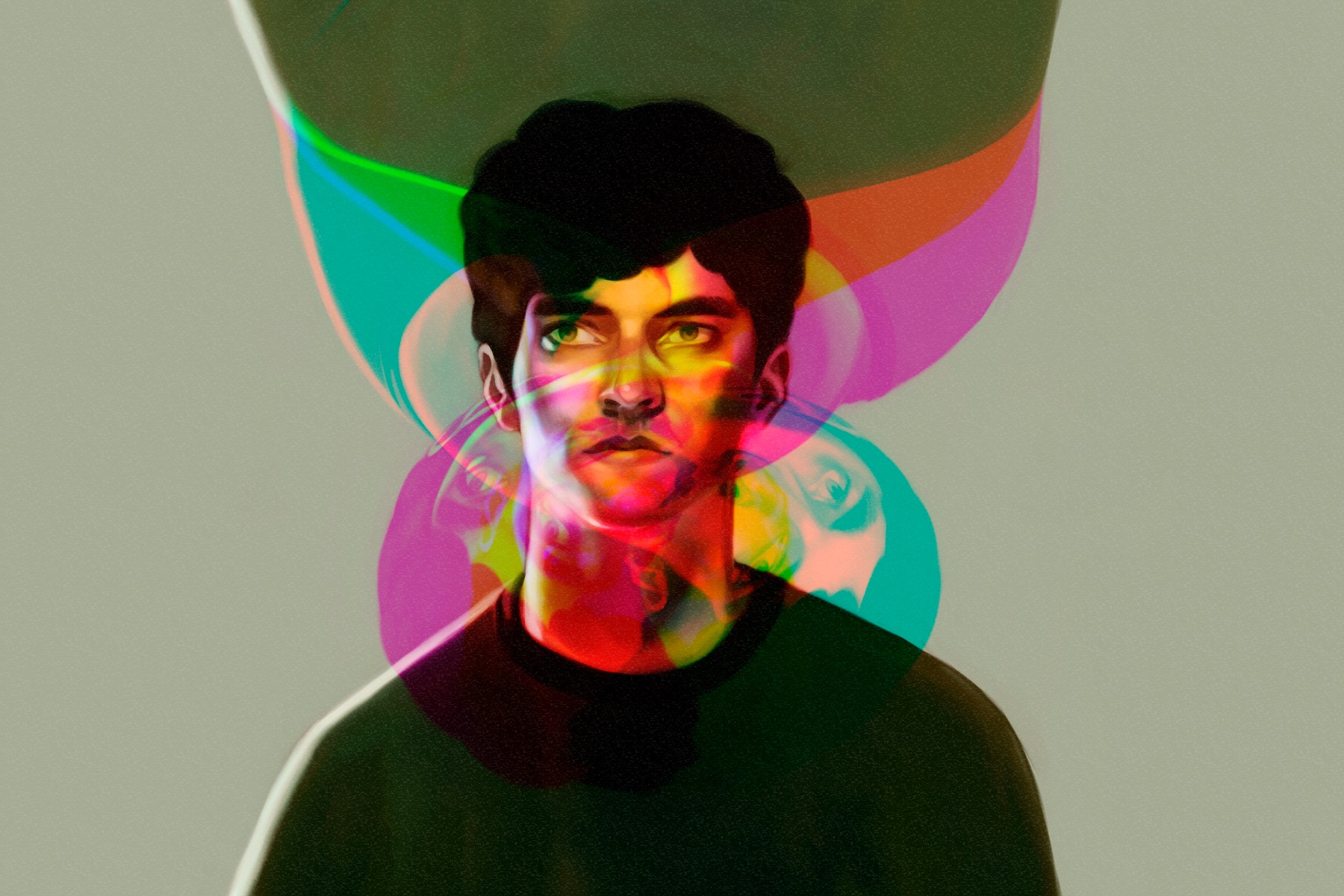After the release of its very popular fourth season toward the end of 2017, the Netflix darling “Black Mirror” wasted no time in setting to work on its fifth season, which the series vaguely promised would premiere sometime in 2018. After several months, the streaming service announced that “Black Mirror” would be releasing something at the end of the year, and, as could be expected, excitement mounted.
The popular show owes it cult status to its unique blend of four genres: science fiction, satire, psychological thriller and anthology, each of which alone has a solid following. Creator Charlie Brooker gives us a creative, futuristic storyline in each episode, which manages to keep viewers both on edge and begging for more.
The series revolves around technological advancement and how it can be both useful and harmful in the near future. Based in the United Kingdom, the episodes range in content: from eyes that record everything you see to robot dogs who look to kill, the show offers viewers a variety of grim versions of dystopia.
So, when the showrunners announced that the newest “Black Mirror” project would be not a series, but an interactive movie, fans and critics alike were cautiously optimistic; after all, the show’s allure is built almost entirely on its inventive, boundary-pushing premises.
Unlike the future worlds that “Black Mirror” typically explores, the audience is dropped in 1984, where the story follows video game developer Stefan Butler (Fionn Whitehead) as he works to create a video games based on the choose-your-own-adventure book (ironic, right?) “Bandersnatch,””written by fictional writer Jerome F. Davies.
In the hour-and-a-half long episode, viewers are prompted to make both trivial and profound decisions. The movie begins by presenting you with several simple choices, such as what type of cereal you eat for breakfast or what music you listen to. However, it doesn’t take long for the decisions to become difficult (as well as the time span for deciding to shorten), but once it becomes more complex, it becomes evident that each decision could drastically alter the ending of the work. There are, however, some options in which you will have to go back and pick the other choice for the story to continue.
The complicated choose-your-own-path algorithm behind the individual movie, similar, of course, to the one in Stefan’s “Bandersnatch” that drives him crazy, was interesting, to say the least. Both the storyline and the acting are clean, once you get into it, but the multiple endings are where it gets a bit confusing.
“Black Mirror: Bandersnatch” is said to have five “main endings,” but there are more than just those. Unless you have a hawk eye, you might have missed the several “skip to credits” scenes sprinkled throughout the movie; each marks a nominal “end” to a storyline. If you don’t catch the discrete exit sign, however, you’ll believe that there is a correct ending, which can result in a never-ending (or, more likely, just prolonged) challenge to master the quest.
Indeed, that is exactly what many users experienced. Though thousands, if not millions have already watched the “Black Mirror” special, many fans and critics have complained about sinking a lot of time into the venture and not receiving a clear takeaway from it. If you do some research, however, you learn that there is more than just one “proper” ending, and these multiple endings add more layers to the storyline than anyone was expecting.
Even if you knew about the multiple endings, there are so many alternate paths that the thought of parsing them all out, tracing all your endpoints back to their geneses, is exhausting. In my experience, my friend and I spent hours trying to remember what happens for each tough decision so as to avoid repeating the story and getting the same ending.
So, while you can certainly appreciate “Bandersnatch” for the effort and idea behind it, investing too much time into it could drive you crazy, just like Stefan Butler and his idol, Jerome F. Davies (minus the murder, of course). Still, I love seeing “Black Mirror” continue to be innovative and working with Netflix to bring projects like this to the viewer. There have been interactive episodes through Netflix before, but none have been so highly anticipated. I would not be surprised to see more episodes like this come to fruition.
Plus, even though the months-long wait only led to one movie, there is a silver lining: Season 5 will be coming out later this year.
















